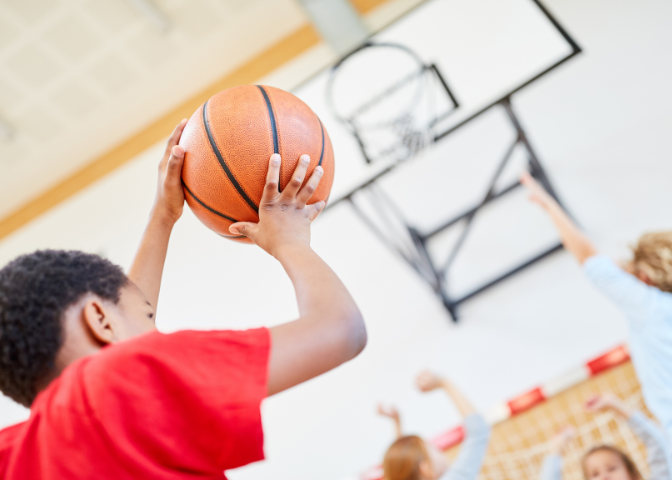Peer Power: Boosting Academic Success for Black Boys with Disabilities
- March 5 2024
- Leroy Smith, M.Ed.

Empowering Black boys with disabilities through peer groups can significantly enhance their academic achievements and overall well-being.
Understanding the Importance of Peer Groups
Peer groups play a pivotal role in the academic and cultural success of Black boys with disabilities.
Interpersonal relationships are often more salient to Black boys with disabilities than academic achievement.
Families and educational professionals must learn how to leverage our Black male students' peer relationships to further their academic success.
Creating a Supportive Peer Network
Families and educational professionals must prioritize building a strong and safe community for Black male students with disabilities.
This community should provide a space where they can feel relaxed, challenged, and affirmed.
Utilizing Peer Groups for Academic Growth
Leveraging the interpersonal relationships of Black male students in structures such as book clubs, math clubs, game clubs, literacy circles, Socratic seminars, small group instruction, preferred seating, flexible grouping, and group and partner projects can be effective strategies for academic growth.
These activities can provide opportunities for collaboration, discussion, and shared learning among peers.
Fostering Inclusivity and Empowerment
Creating an inclusive and empowering environment within peer groups is crucial for the academic success of Black boys with disabilities.
By promoting respect, empathy, and understanding, peer groups can help foster a sense of belonging and empowerment for these students.
Sustaining Positive Peer Relationships
Maintaining positive peer relationships is essential for the long-term success of Black boys with disabilities.
Regular communication, mutual support, and shared goals can help sustain these relationships.
Educational professionals and families can play a key role in facilitating and nurturing these positive connections.


Leave your thought here
Your email address will not be published. Required fields are marked *